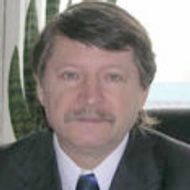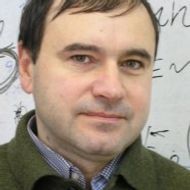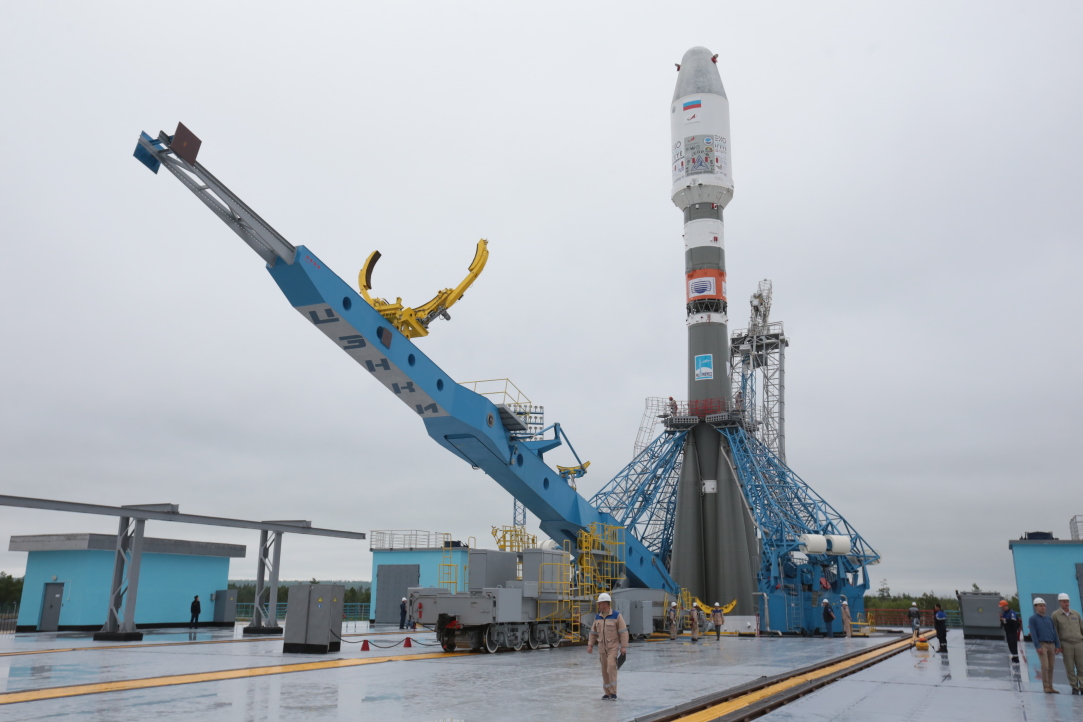
- A
- A
- A
- ABC
- ABC
- ABC
- А
- А
- А
- А
- А
-
The School
-
Divisions
-
Educational Programs
- Bachelor’s programmes
- Master’s programmes
- Electives
The School of Electronic Engineering was created in 2015. Our research activity focuses on finding most effective engineering solutions in the field of electronics and nanoelectronics, condensed matter physics, information and communication devices and communication systems, intelligent control of technical systems. We implement the following educational programmes:
‘Infocommunication technologies and communication systems’, ‘Information Security’ (BS),
‘Applied Electronics and Photonics, ‘Internet of Things and Cyber-physical Systems’, ‘Information Security of Cyber-physical Systems’, ‘Cybersecurity’ (MS).
Information and Communication Technologies and Systems
Information Security
United States of America: IEEE, 2025.
Ponosova A., Zhluktova I., Ruzhitskaya D. et al.
Applied Physics Letters. 2025. Vol. 127. No. 19. P. 194002.
In bk.: 2025 17th International Conference on Advanced Technologies, Systems and Services in Telecommunications (TELSIKS). Niš: IEEE, 2025. P. 79-82.
Sergeev A., Minchenkov V., Солдатов А. В. et al.
arxiv.org. Computer Science. Cornell University, 2025. No. 2501.13671.
Tag "satellite" – News


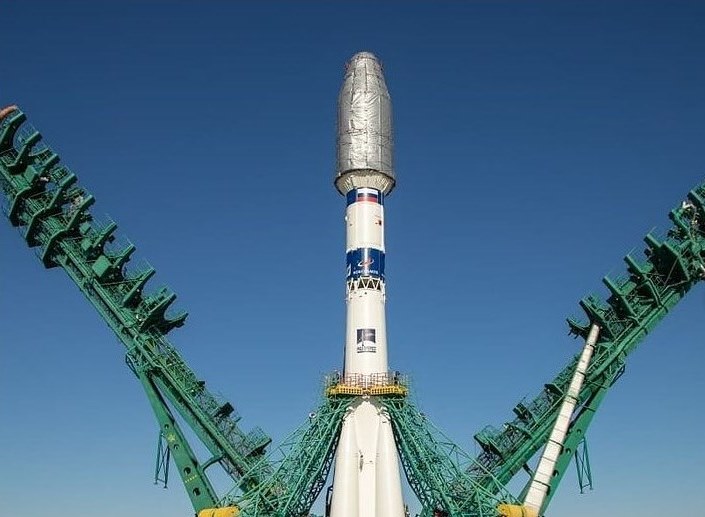

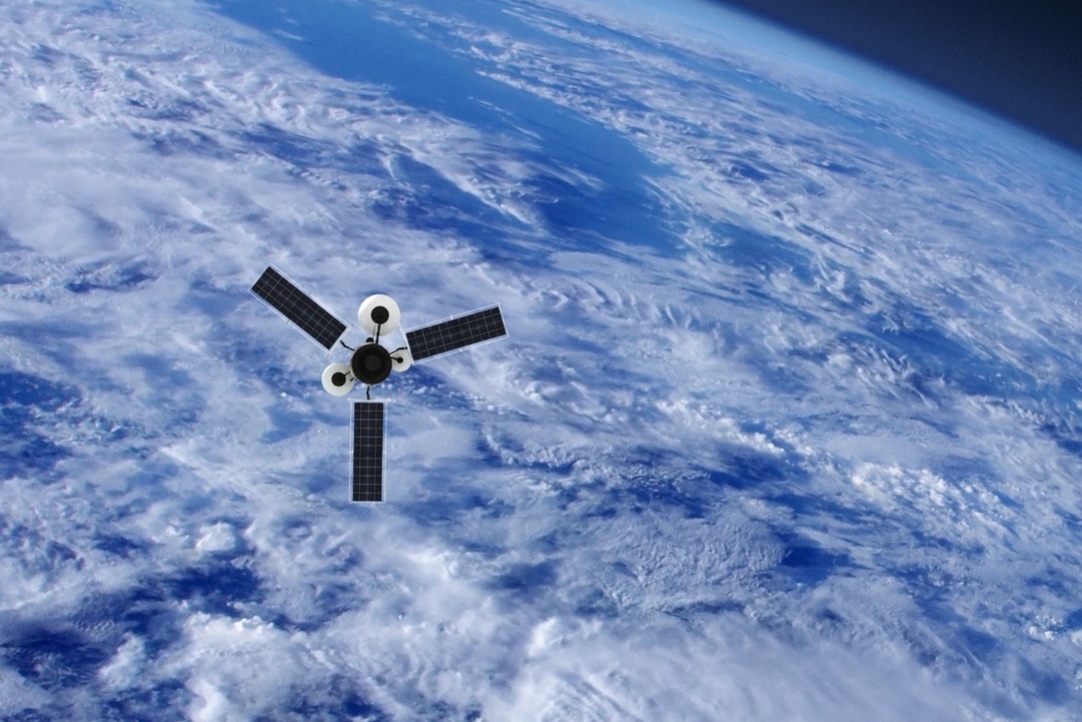
- About
- About
- Key Figures & Facts
- Sustainability at HSE University
- Faculties & Departments
- International Partnerships
- Faculty & Staff
- HSE Buildings
- HSE University for Persons with Disabilities
- Public Enquiries
- Studies
- Admissions
- Programme Catalogue
- Undergraduate
- Graduate
- Exchange Programmes
- Summer Schools
- Semester in Moscow
- Business Internship
- © HSE University 1993–2025 Contacts Copyright Privacy Policy Site Map
- Edit
